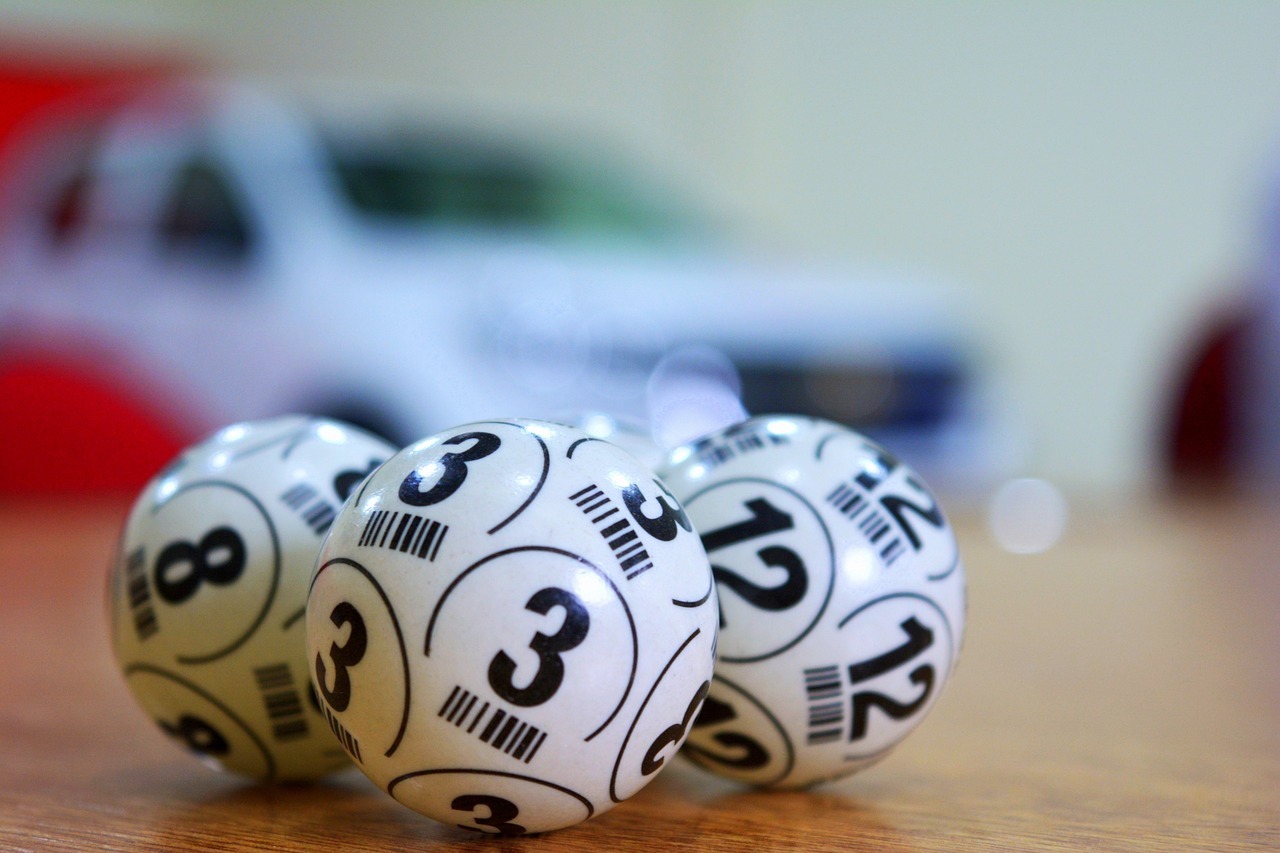Lotto addiction is a phenomenon that has gained attention in recent years, especially with the increased availability of online gambling and lotteries. Gambling addiction, or pathological gambling, refers to compulsive gambling behaviour that can have devastating consequences for a person’s life and those around them.
Psychological influences
According to mental health and gambling addiction experts, there are several psychological factors that contribute to lottery addiction:
- Illusion of control: many people mistakenly believe that they can influence the outcome of the game through strategies or patterns. This illusion can lead them to play more frequently.
- Intermittent reinforcement: The random nature of lottery winnings creates an intermittent reinforcement system. When someone wins, even a small amount, the brain’s reward system is activated, which reinforces the behavior and increases the likelihood of playing again.
- Emotional escape: For some people, playing the lottery becomes a way to escape personal or emotional problems. The thrill of the game can provide temporary relief from stress or anxiety.
- Social pressure: In many cultures, playing the lottery is seen as an acceptable and even desirable social activity. This can lead people to participate beyond their financial means.
Consequences of addiction
Lotto addiction can have serious repercussions:
- Financial problems: spending money on tickets can lead to significant financial difficulties, including debt and bankruptcy.
- Deteriorated relationships: The compulsion to gamble can negatively affect family and friendly relationships, generating conflict and distrust.
- Emotional problems: Frustration at not winning and financial consequences can contribute to problems such as depression and anxiety.
Lottery addiction is a serious problem that affects many people and their loved ones.
